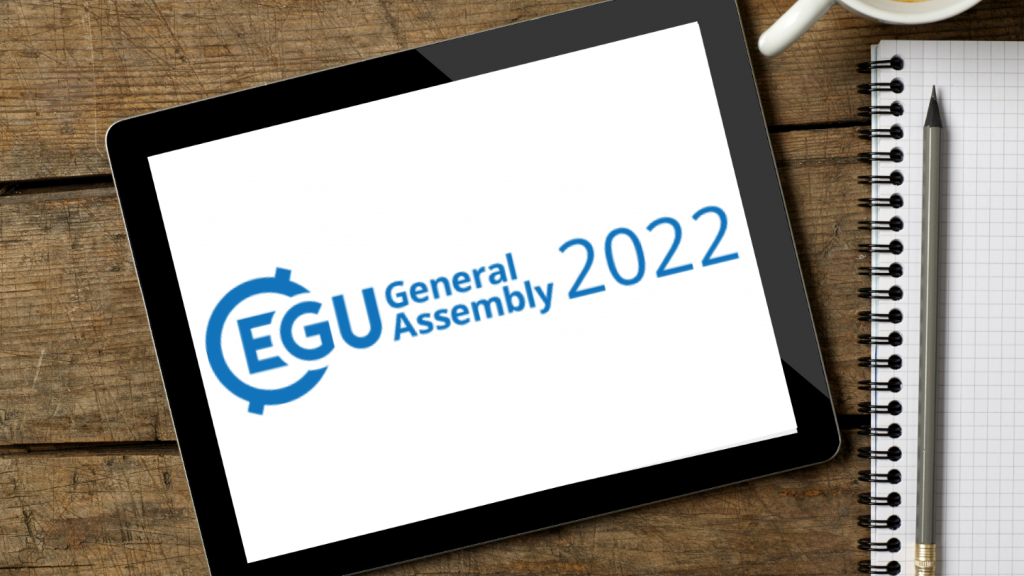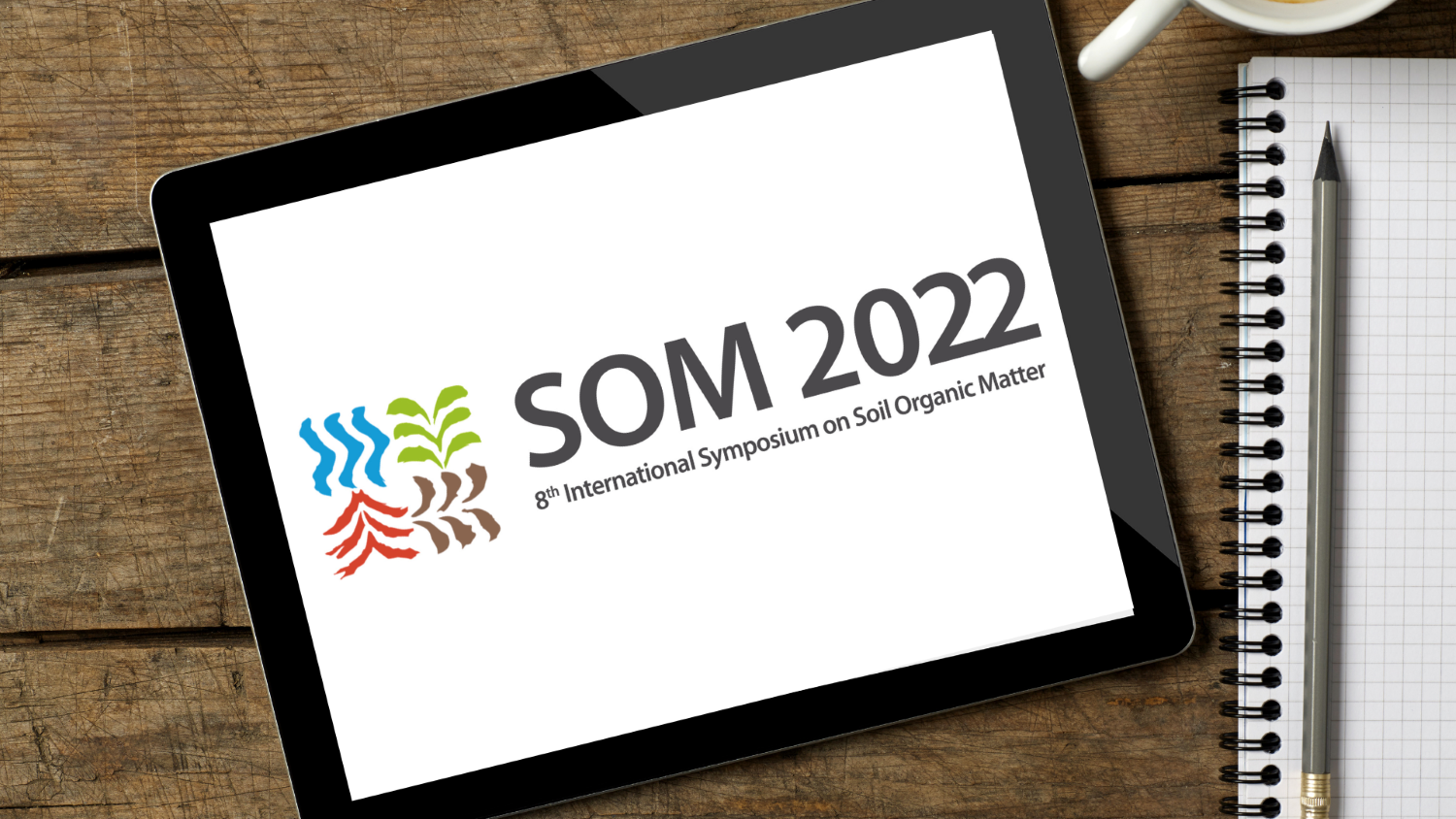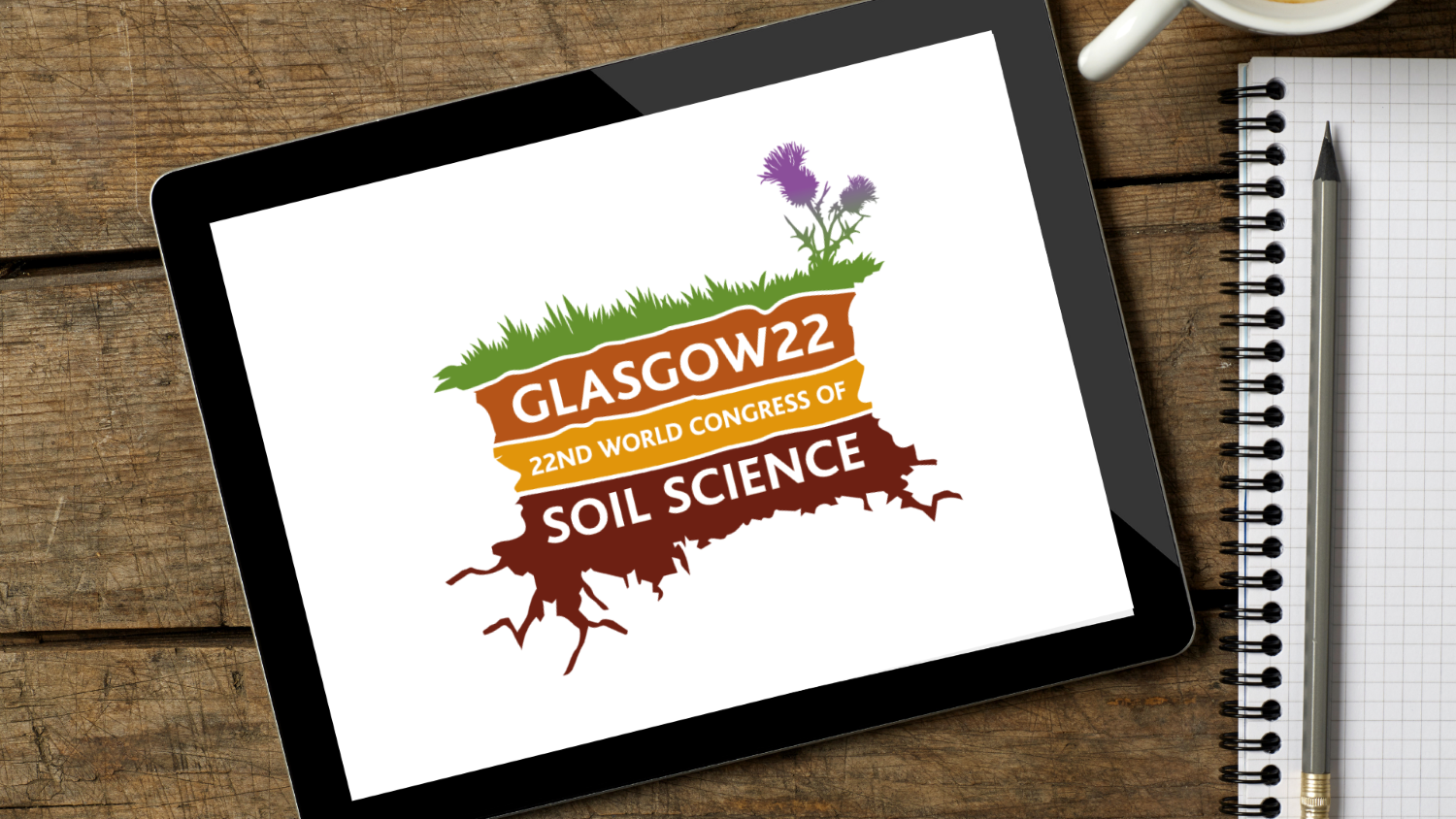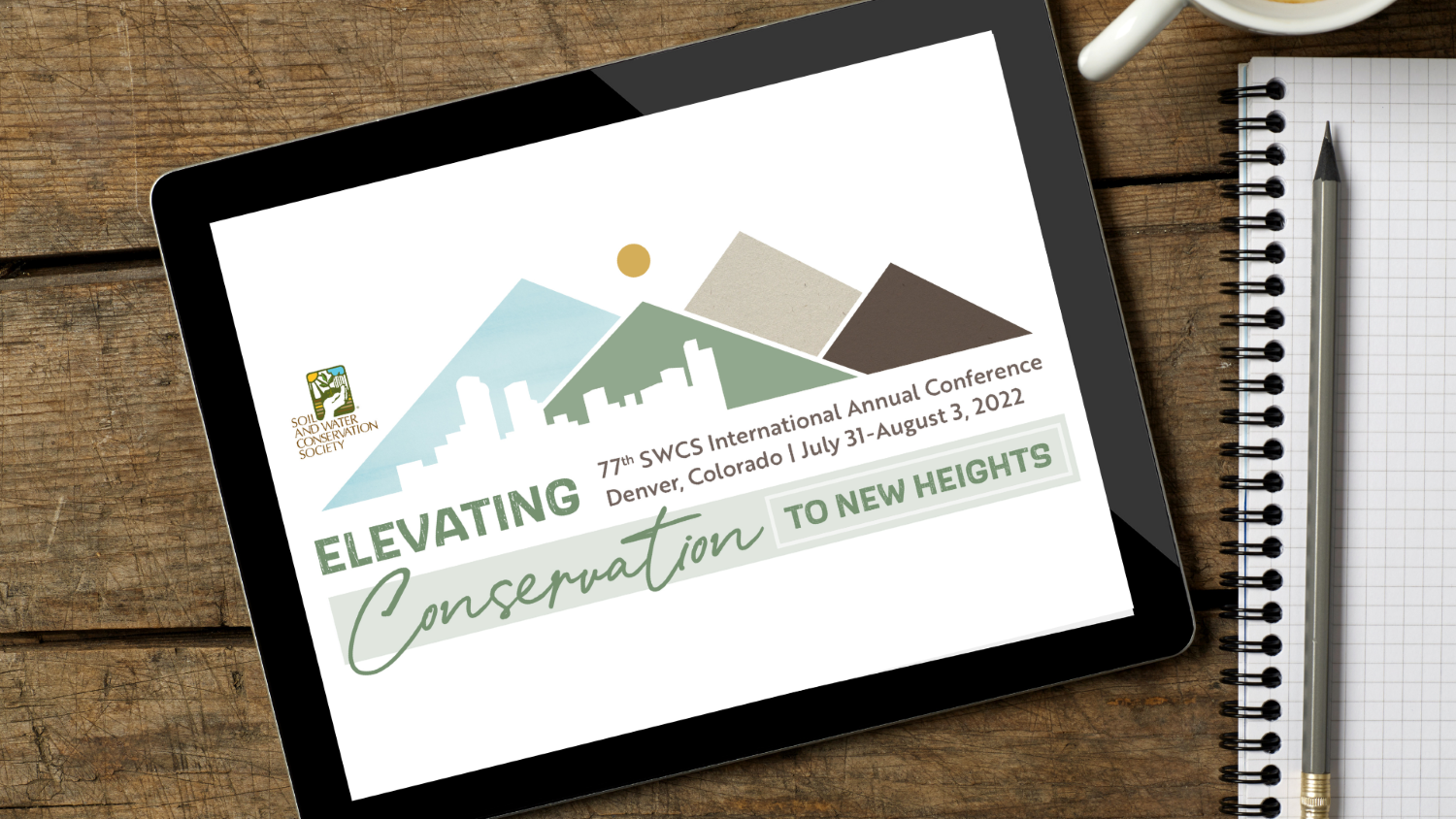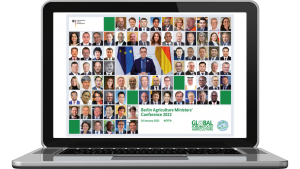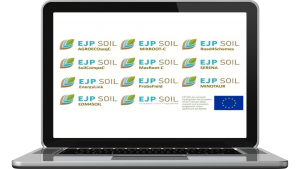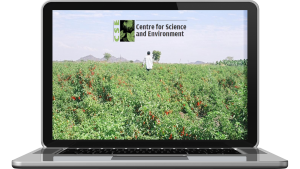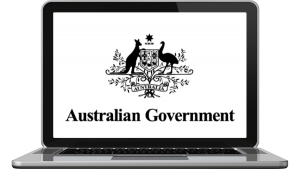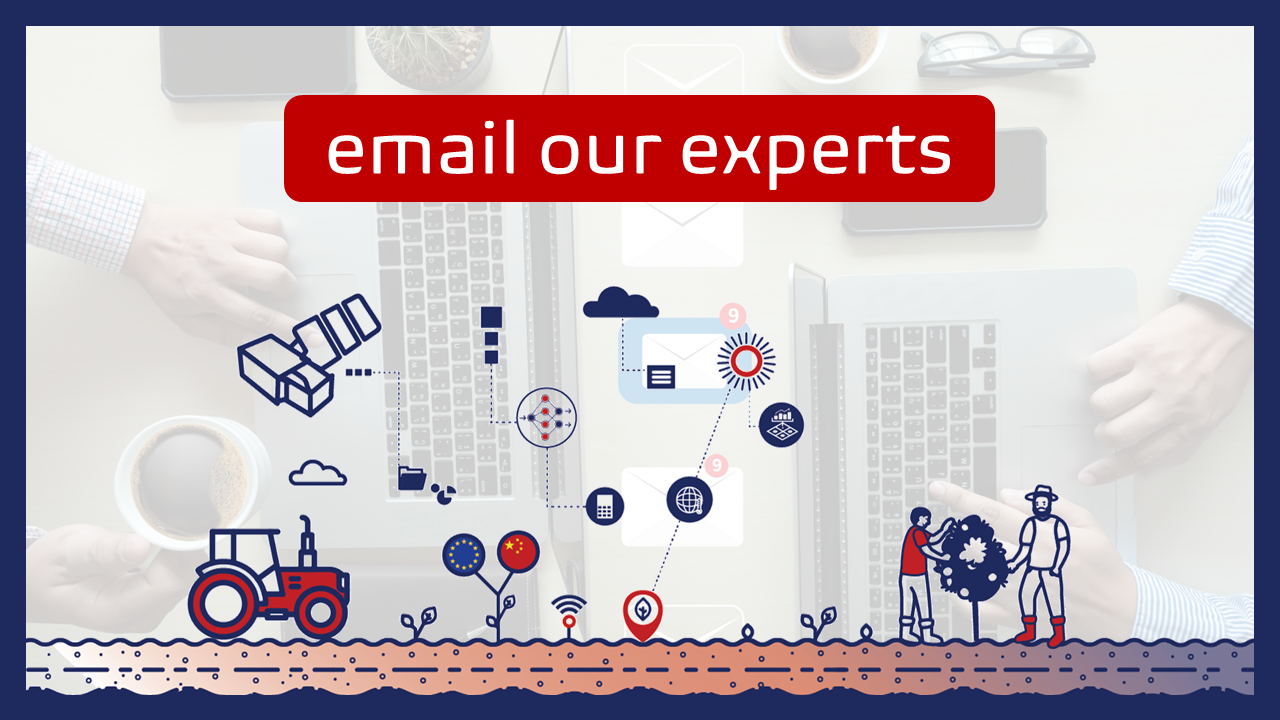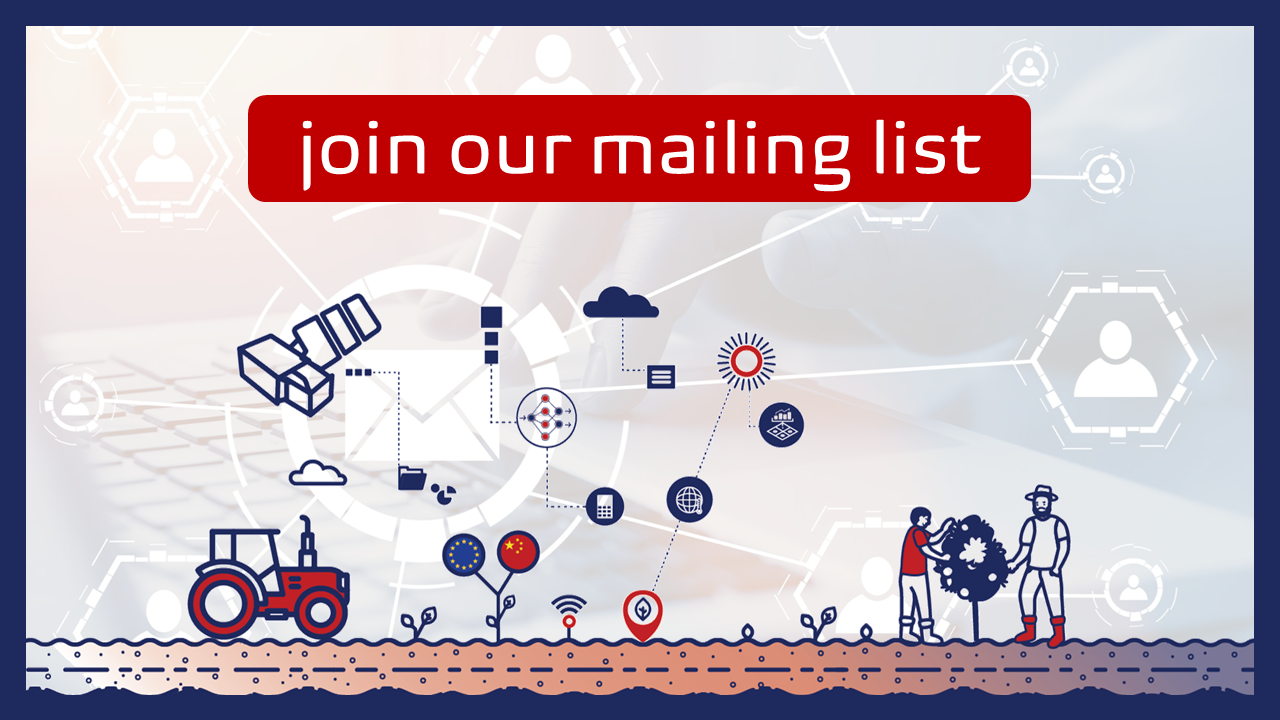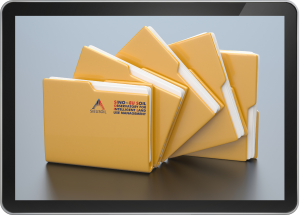 The SIEUSOIL project is in full gear. Over the last six months project partners have produced the following deliverables (public deliverables are available here):
The SIEUSOIL project is in full gear. Over the last six months project partners have produced the following deliverables (public deliverables are available here):
- D1.3 Prototype of operational Eurasian soil platform
- D6.4 Report of DSS test and validation
- D7.7 Report on SIEUSOIL synthesis of methodology
- D8.2 Report on SIEUSOIL LCA of nutrient flows
- D9.4 Dissemination & Communication Report
- D9.9 Market analysis initial report
Consortium partners have also published the three following new articles in peer reviewed journals:
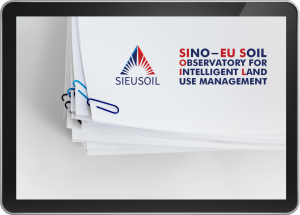
Yongsheng Hong, Yiyun Chen, Ruili Shen, Songchao Chen, Gang Xu, Hang Cheng, Long Guo, Zushuai Wei, Jian Yang, Yaolin Liu, Zhou Shi, Abdul M. Mouazen, Diagnosis of cadmium contamination in urban and suburban soils using visible-to-near-infrared spectroscopy, Environmental Pollution, Volume 291, 2021, 118128, ISSN 0269-7491 (access).
Chen S C, Xu H Y, Xu D Y, etc. Evaluating validation strategies on the performance of soil property prediction from regional to continental spectral data. Geoderma. 2021, 400, 15159 (access).
Mouazen, A.M.; Nyarko, F.; Qaswar, M.; Tóth, G.; Gobin, A.; Moshou, D. Spatiotemporal Prediction and Mapping of Heavy Metals at Regional Scale Using Regression Methods and Landsat 7. Remote Sens. 2021, 13, 4615 (access).
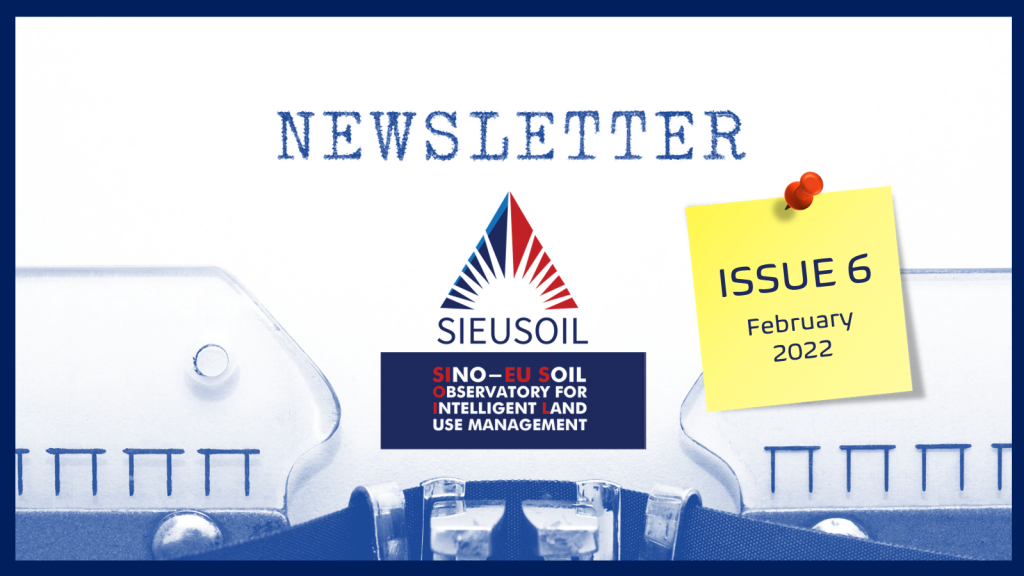 The 6th semi-annual SIEUSOIL newsletter is out with the latest news on soils and the project!!!
The 6th semi-annual SIEUSOIL newsletter is out with the latest news on soils and the project!!!

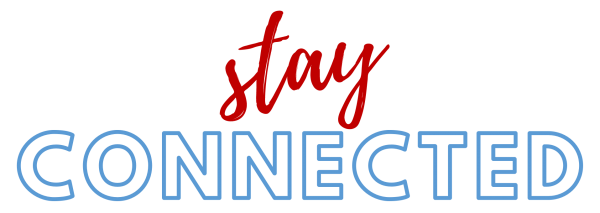
 The SIEUSOIL project is in full gear. Over the last six months project partners have produced the following deliverables (public deliverables are available
The SIEUSOIL project is in full gear. Over the last six months project partners have produced the following deliverables (public deliverables are available 

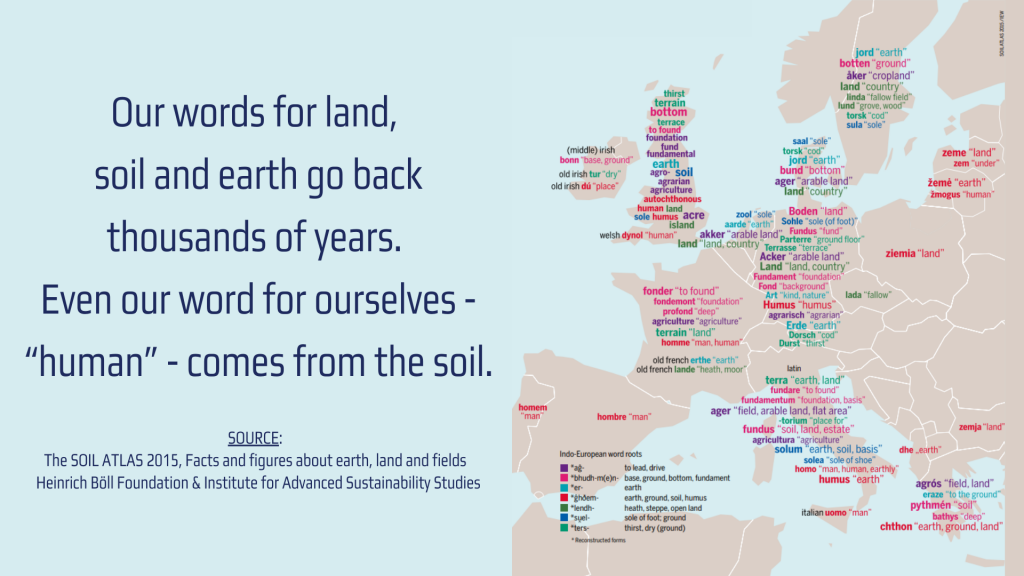

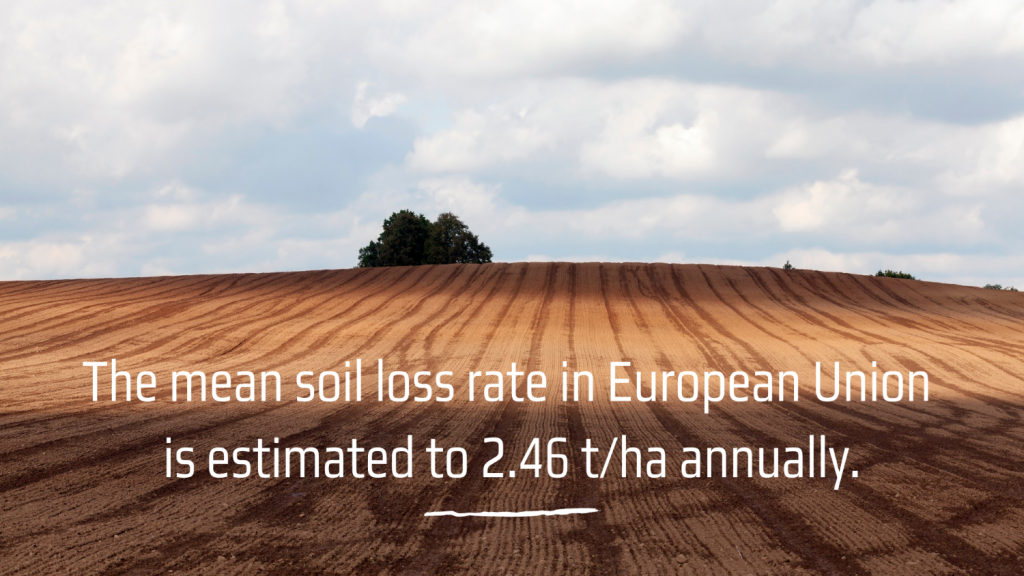
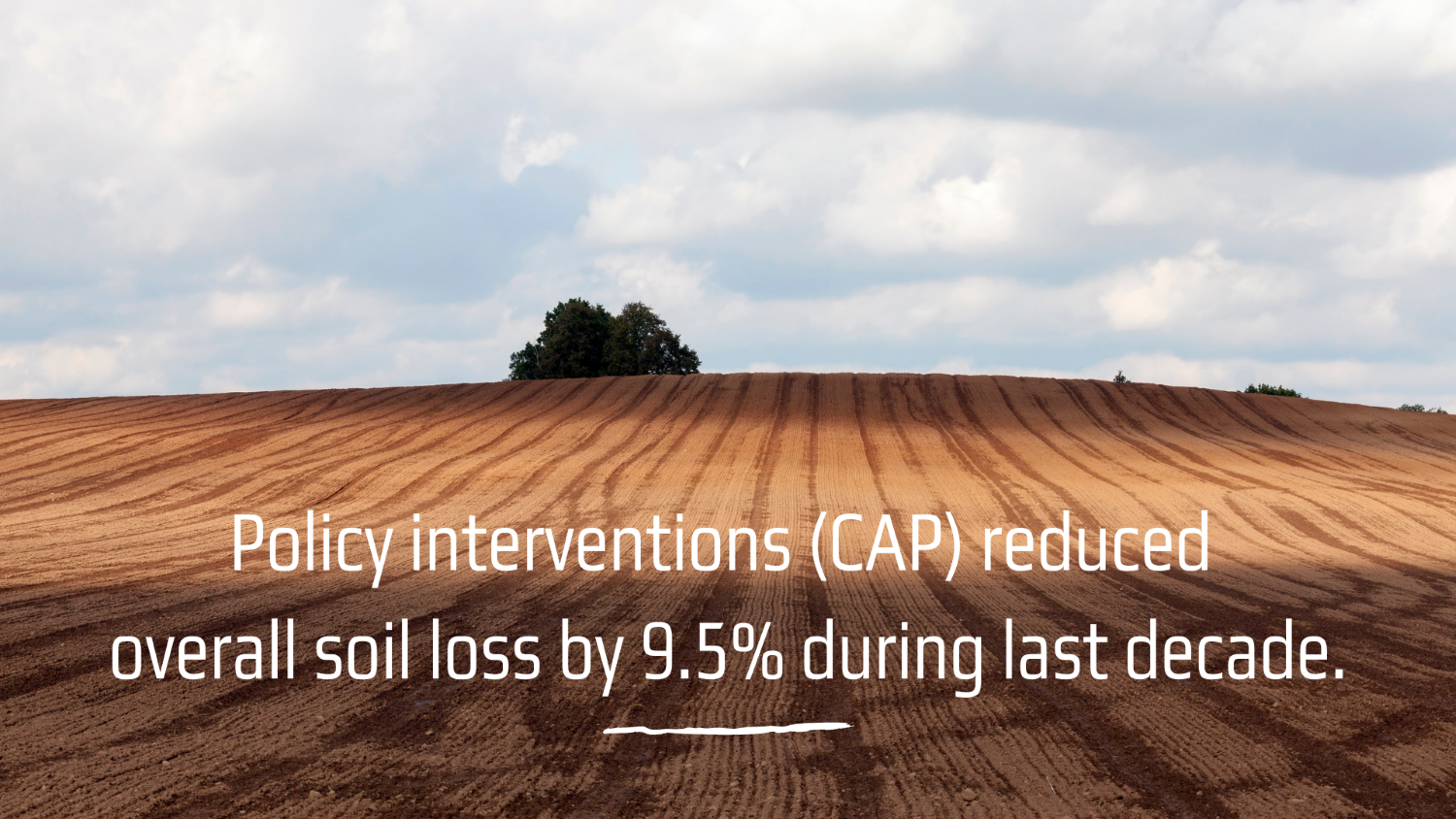
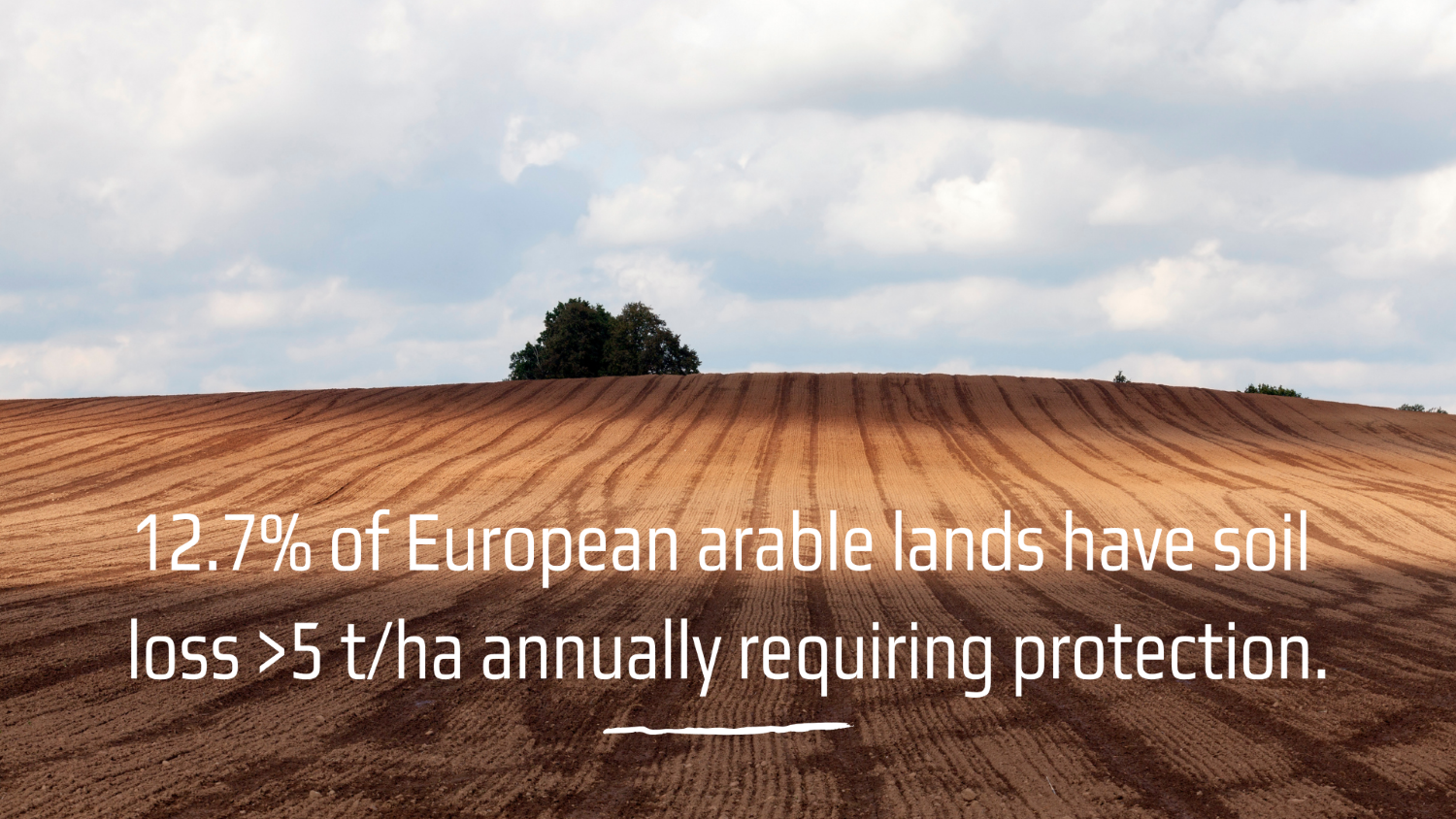
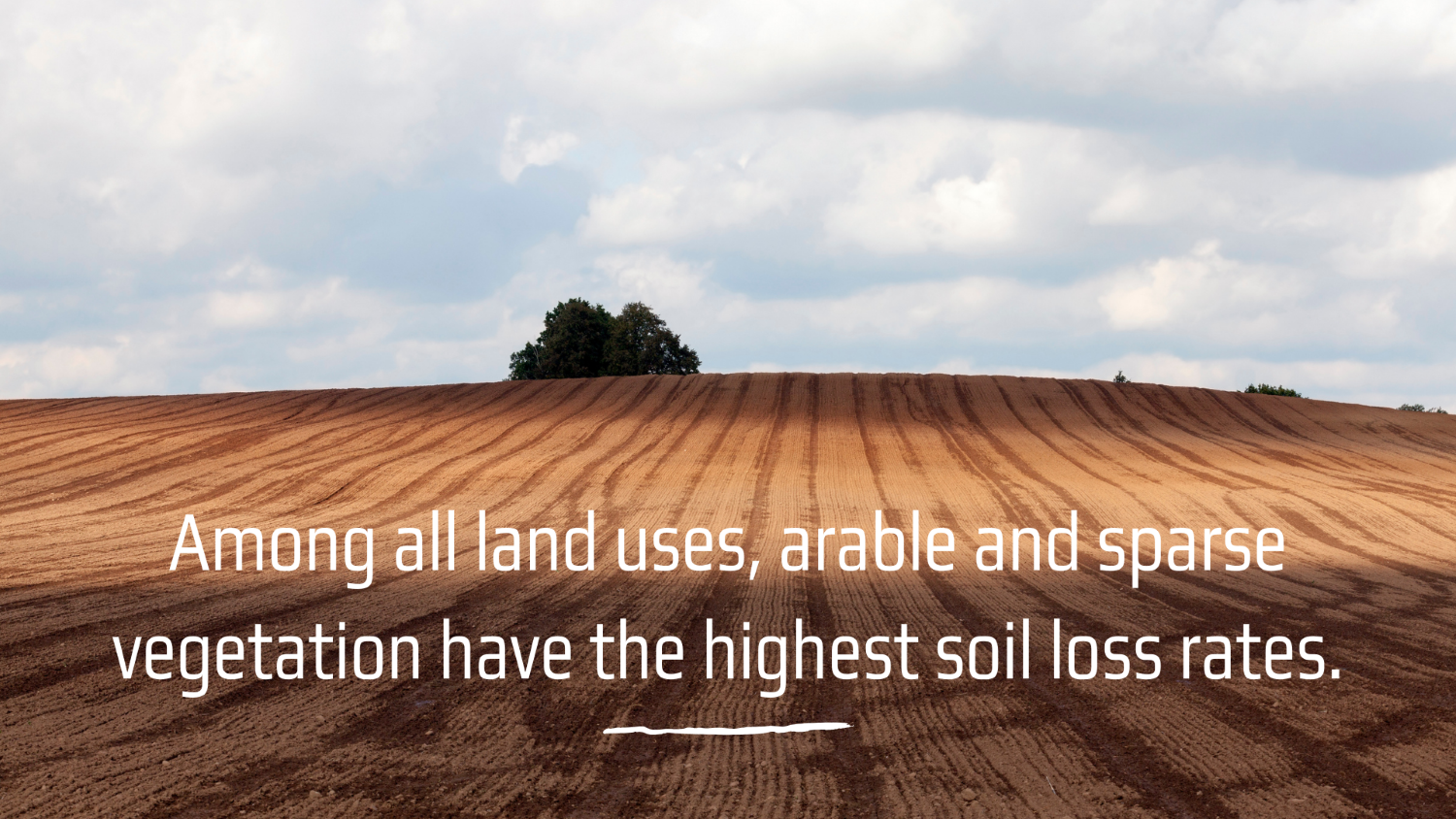
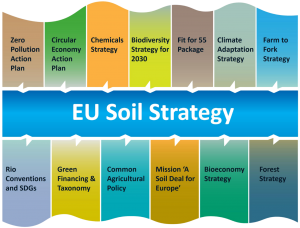 The European Commission released the new EU Soil Strategy for 2030, building on the European Green Deal and related policies. The EU soil strategy elaborates on The Biodiversity Strategy for 2020 and Farm to Fork Strategy to create a new vision for soil, in relevance to the reduction of nutrient losses and the decreased use of chemical pesticides. The Climate Adaptation Strategy has highlighted the importance of healthy soils to the impacts of extreme weather phenomena, whilst the Zero Pollution Action Plan has highlighted the significance of preventing contamination. The EU soil strategy calls for protection measures for soils respective to the ones defined for air and water.
The European Commission released the new EU Soil Strategy for 2030, building on the European Green Deal and related policies. The EU soil strategy elaborates on The Biodiversity Strategy for 2020 and Farm to Fork Strategy to create a new vision for soil, in relevance to the reduction of nutrient losses and the decreased use of chemical pesticides. The Climate Adaptation Strategy has highlighted the importance of healthy soils to the impacts of extreme weather phenomena, whilst the Zero Pollution Action Plan has highlighted the significance of preventing contamination. The EU soil strategy calls for protection measures for soils respective to the ones defined for air and water.
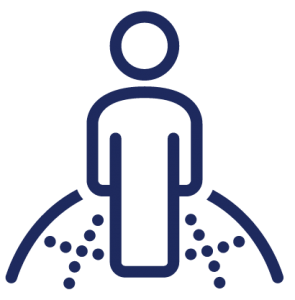
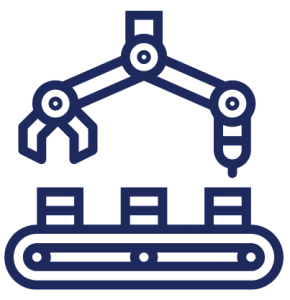

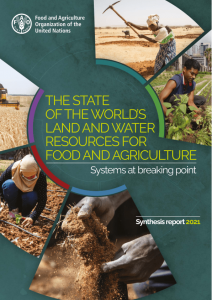 The state of the world’s land and water resources for food and agriculture:
The state of the world’s land and water resources for food and agriculture: